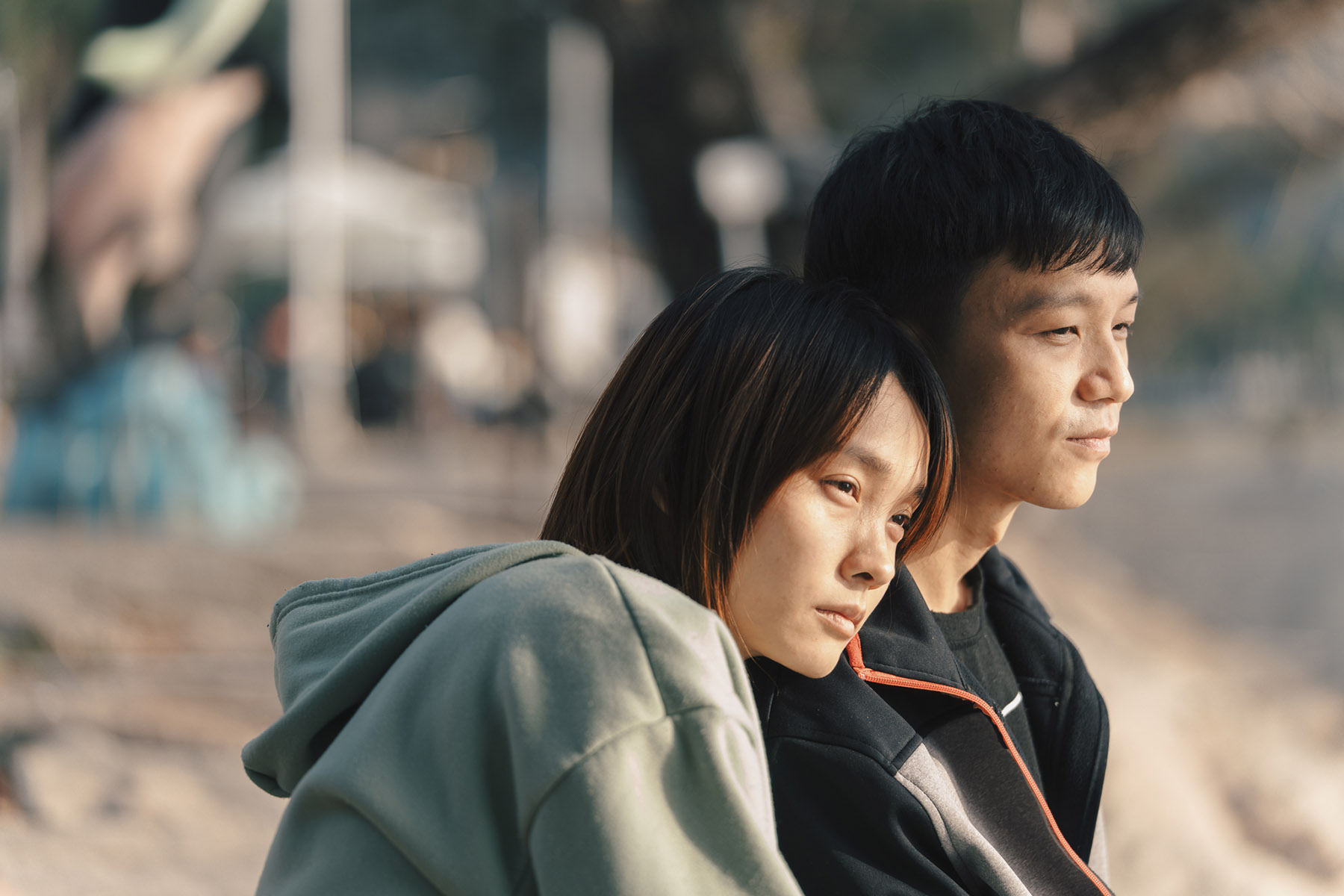
If 29 years of the Busan International Film Festival have proved one thing it’s that Asia’s largest gathering of moviemakers — and movie lovers — always comes full of surprises.
Hong Kong filmmaker Oliver Chan Siu-kuen played a stellar role in ensuring that the tradition continued at this year’s event, which ran from Oct 2-11. Chan freely admits that she wants to challenge audiences — confront them; disturb them, even — with her new film Montages of a Modern Motherhood. The film investigates the life of a new mother and the problems she faces trying to adapt to the new role.
“After giving birth, my perspective on other things changed, and my expectations did too,” explains Chan, speaking on the sidelines of BIFF. “A lot of people asked me if I still wanted to be a film director or an actor. So I started to feel the pressure and the change.
ALSO READ: HK school-leaving exams film fails to make a point
“Also, in the film industry, there haven’t been many directors or works on mothers, or the mothers we have seen in the movies have been stereotypes. So I wanted to show a real mother, with problems that are very real.”

It’s a deliberately tough watch — centered around Hedwig Tam Sin-yin’s fraught performance in the lead. The film is a far cry from Chan’s directing debut, the star-studded and critically acclaimed domestic drama Still Human (2018), which saw her named Best New Director at the Hong Kong Film Awards.
Montages of a Modern Motherhood was among the Chinese films that had people talking at this year’s BIFF. The festival’s 278-odd films included the latest, and acclaimed, productions by heavy hitters Jia Zhangke and Guan Hu. Jia’s Caught by the Tides takes a journey through time, with the director revisiting characters from his earlier films, following their journeys since those films were made. The Chinese auteur dabbled with artificial intelligence in making the film. He told the media that the experience has left him pondering on how this technology might soon be altering our perceptions of what’s real, and what’s imagined.
Guan’s Black Dog picked up the Un Certain Regard Prize at the 2024 Cannes Film Festival. The film successfully blends elements of noir and grim rural drama. Hong Kong’s own Ann Hui talked about her life and times and her acclaimed career during a sold-out master class.

Young Chinese filmmaker Charles Hu and award-winning cinematographer-turned-director Du Jie competed for the New Currents awards for first or second feature film by Asian directors. Hu’s As the River Goes By deals with memories. In it, a chance encounter at a school reunion causes a train driver to investigate the circumstances surrounding the disappearance of his father. Du — who now splits his time between Japan and China — brought his directorial debut, The Height of the Coconut Trees, to the festival. The film deals with the mystery surrounding a young woman’s suicide and notions of the afterworld. Her partner tries to deal with the loss together with another woman who wanders into his life.
ALSO READ: A woman of many roles
Other pleasant surprises at BIFF 2024 included the sweeping rural drama To Kill a Mongolian Horse, the first feature from Jiang Xiaoxuan. Set in the director’s home turf in the Inner Mongolia autonomous region, the film found support from as far afield as Malaysia and Hong Kong. It’s a measured and effective reflection on the contemporary world’s marginalization of ethnic communities — a small film, in terms of the cast and crew involved as well as budget, but one that tackles very big issues.
“One of the most important things is that ethnic voices are heard,” the director says. “Festivals like BIFF continue to give makers of small films like us a platform to make those voices heard.”


